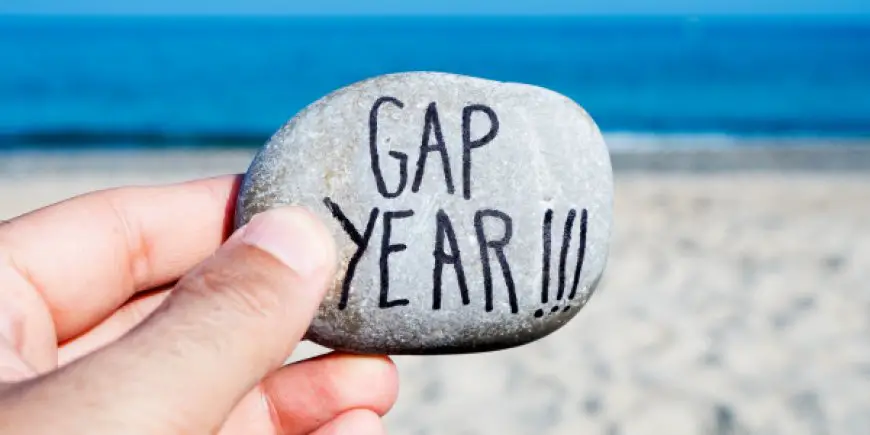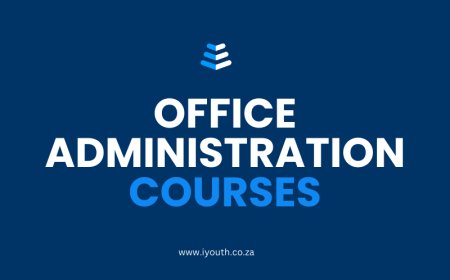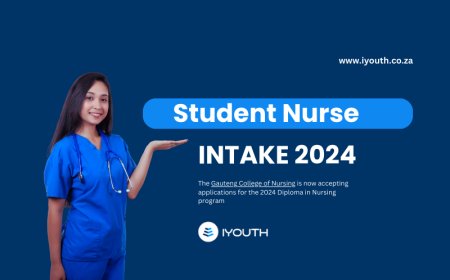All You Need to Know About Taking a Gap Year
Learn more about taking a gap year, its advantages and disadvantages. Also, discover ideas of what to do during a gap year in South Africa if you plan on taking one.

All You Need to Know About Taking a Gap Year
If you have been wondering about taking a gap year or what is a gap year. Then you will wonder no more.
In this post, we will provide the ins and outs of taking a gap after matric, along with the best gap year options such as things to do if you decide to go ahead with the idea.
Let’s dive right into it.
1. What is a gap year?

A gap year is a break taken from academic studies after high school, college, or university by students. During this period, the said student does not focus on any academic work until the following year.
Rather you engage in other activities to sharpen your skills or learn ones, or simply relax and regroup.
2. What are the advantages of taking a gap year?
Some advantages come with taking some time off away from your books. Here are a few benefits you can get from taking a gap year.
You’ll be well-rested and ready for university
Since you won’t be doing much. You’ll get the time to catch up on some sleep, change your eating habits, and focus on healing your body through exercise. In turn, you will be prepared for your first year, mentally and physically.
Get time for personal growth
As you learn new stuff, you’ll automatically grow as a person and mature throughout the entire year. This will be helpful when you go to university or college after your break, as you’ll be more self-aware and know how to handle things on your own.
Become better at socializing
The more you explore the world and meet new people. You’ll pick up how to interact with others and benefit from this when you have to engage with your lecturers and other students.
Learn new skills
During your gap year, you can try learning new skills that will assist you in university or college or even in your career. This will put you ahead in your field.
Build your finances
If you’ll be parking in part-time jobs and earning from them. You’ll be able to save up some money from that and use it for your expenses at the tertiary level. Also, you’ll be more financially literate and know how to handle money.
Craft a stellar resume
All the activities you do during your gap year will look great on your resume or CV. Future employers will be impressed by this, as it will show you have some experience and will not be starting from scratch, although you will have to learn more skills to improve your current skill set.
3. What are the disadvantages of taking a gap year?

Some downsides that come with taking a gap include the following:
Wasting time
If you don’t plan out your gap year beforehand then you could waste time by simply doing whatever comes your way. As you have no proper structure in place for the year.
Increased expenses
A gap year can drain your pockets if you plan on traveling or signing up for gap year programs as these can be costly.
Developing laziness
Being away from your books can make it harder to absorb academic information. Which might cause laziness to build up as your brain isn't used to learning.
However, this can be combated by reading a few books to boost your brain power and learning abilities.
Taking lots of time researching
Research can sometimes take a ton of time to do as you may get too caught up in it and that time flies by and nothing productive comes out of it.
4. Do I have to reapply for NSFAS If I took a gap year?
Yes. If you had applied for NSFAS but decided to go on a gap year instead. Then you will have to reapply for the academic year you plan to study in. If you meet the requirements then NSFAS will once again accept your application.
To improve your chances of getting funded, you have to apply on time as soon as applications open.
Learn more here: NSFAS FAQs
5. What is the best way to spend a gap year?

If you’ve decided to take a gap year after matric. Here are some of the best gap year options you can do during your gap year in South Africa.
-
Become a Volunteer - sign up for any volunteer or charity work programs and help out where you can. If there is a project for fixing the library, put your name forward and gain experience to put on your CV.
-
Travel - if you have the means you can travel abroad to cheap, and non-visa-requiring countries like:
-
Thailand
-
Zambia
-
Jamaica
-
South Korea
-
Singapore
You can even do this locally by visiting family members in other provinces you haven't seen for a long time. When there, explore different places in their area if never been to them before.
Traveling does not have to be limited to outside of South Africa. You can save money by keeping it local and national. After all, local is lekker.
-
Apply for Learnerships - Learnerships are a great way of learning while you're earning. Choose a learnership that aligns with your selected career and degree.
-
Work - apply for part-time work in your area and earn some extra money on the side. This will help you gain work experience and also teach you how to be responsible.
-
Take Short Online Courses - Short courses are excellent to do during your gap year as you'll pick up different skills that will benefit you the following year. Specifically computer skills as most assignments will be done either on a laptop or a computer. So familiarizing yourself with some tools like Microsoft Word and Google Docs is recommended.
-
Learn a new language - South Africa has 11 official languages which you could take time to study to keep your learning skills sharp. You can even choose a foreign language like Spanish, Italian, French, etc.
-
Teach English online - Earn some money for yourself to use in university and college, by getting a free accredited TEFL certificate from a Teacher Record and teach English online during your gap year. Learn more about starting teaching English online here: How to Teach English Online and Get Paid.
Conclusion
Taking a gap year is an excellent way of taking a much-needed break after matric and trying out new things. Or simply catching up on activities you could not do while in grade 12.
If you found this mini guide to be somewhat helpful, don’t hesitate to share this post with a former classmate in need of a better understanding of taking a gap year after 12th grade.
What's Your Reaction?
































![50 Online Side Hustles for Every South African [PDF Free Download]](https://iyouth.co.za/uploads/images/202503/image_430x256_67e43f9e05585.jpg)

















